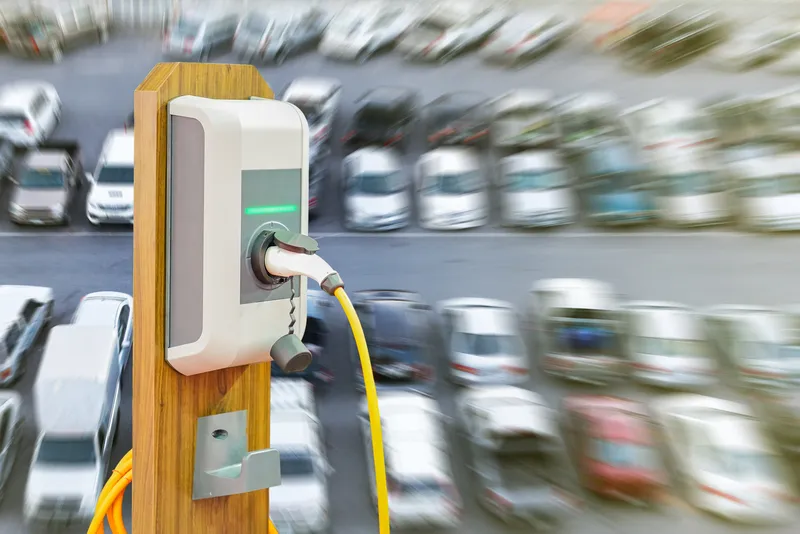Operators of electric vehicles (EVs) in New Zealand are set to benefit from rule changes which will see heavy electric vehicles being exempt from road user charges and potentially allow drivers of electric vehicles to use bus and high occupancy vehicle lanes. From 1 September 2017 heavy EVs will be exempt from road user charges, which otherwise apply to vehicles that do not pay for petrol at the pump, until they make up two per cent of New Zealand’s heavy vehicle fleet. Changes have also been made to Land
August 9, 2017
Read time: 2 mins
Operators of electric vehicles (EVs) in New Zealand are set to benefit from rule changes which will see heavy electric vehicles being exempt from road user charges and potentially allow drivers of electric vehicles to use bus and high occupancy vehicle lanes.
From 1 September 2017 heavy EVs will be exempt from road user charges, which otherwise apply to vehicles that do not pay for petrol at the pump, until they make up two per cent of New Zealand’s heavy vehicle fleet.
Changes have also been made to Land Transport rules, which, from 1 September, will enable road controlling authorities, such as the NZ Transport Agency and local and regional councils, to make bylaws to allow EVs access to special vehicle lanes, such as those dedicated to buses and high occupancy vehicles.
New Zealand has seen positive acceptance of EVs, along with an increase in business opting for EVs as non-passenger vehicles, including light vans for food delivery, public transport and refuse trucks. The Government wants to see this extend to operators of heavy vehicles.
In May 2016, the Government announced its Electric Vehicle Programme, a wide ranging package of measures to encourage the uptake of EVs in New Zealand. The target is to double the fleet each year, reaching 64,000 EV registrations by the end of 2021.
From 1 September 2017 heavy EVs will be exempt from road user charges, which otherwise apply to vehicles that do not pay for petrol at the pump, until they make up two per cent of New Zealand’s heavy vehicle fleet.
Changes have also been made to Land Transport rules, which, from 1 September, will enable road controlling authorities, such as the NZ Transport Agency and local and regional councils, to make bylaws to allow EVs access to special vehicle lanes, such as those dedicated to buses and high occupancy vehicles.
New Zealand has seen positive acceptance of EVs, along with an increase in business opting for EVs as non-passenger vehicles, including light vans for food delivery, public transport and refuse trucks. The Government wants to see this extend to operators of heavy vehicles.
In May 2016, the Government announced its Electric Vehicle Programme, a wide ranging package of measures to encourage the uptake of EVs in New Zealand. The target is to double the fleet each year, reaching 64,000 EV registrations by the end of 2021.









